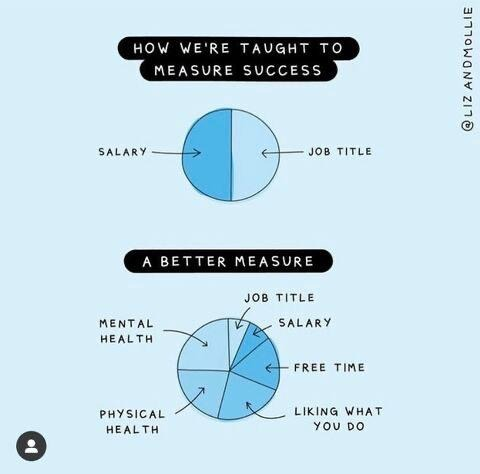The fallacy of rational man
Welcome to Acumen, your monthly fix of practical, evidence-based insights for leaders.
The theory of ‘rational man’ was blown out of the water when psychologist, Daniel Kahneman, won the Nobel Prize for Economics in 2002. Emotions matter – whether it is tapping into someone’s motivation, promoting trust, or understanding decision-making. And today’s leaders need to become adept at appealing to emotions – in addition to simply laying out the facts – when convincing their stakeholders to advance business priorities.
Best, Olivia Meyrick
CADENCE CURATION
Our recommended reads / listens / watches this month….
VIDEO: The Science of Storytelling | TEDx | David Phillips (16 mins)
Why is storytelling so powerful? And how do we use it to our advantage? In this masterclass, Phillips shares key neurological findings on storytelling. To encourage emotional investment in an audience, he demonstrates how we can induce three hormones in our listeners’ brains; dopamine (to promote focus and motivation), oxytocin (which promotes trust and generosity), and endorphins (which makes people more creative and relaxed).
ARTICLE: When Women Don’t Speak | Christopher Karpowitz (8 mins)
This important research looks at the structural challenges facing women being heard once they have a ‘seat at the table’. Board Chairs, take note. The evidence is clear; women in meetings are systematically seen as less authoritative, they tend to speak less, and when they speak they’re not listened to as much and are interrupted more. What is the solution? Apply unanimous rule (vs. majority rule) when decision-making, if you want to empower women. Or at the very least, apply an underlying principle of unanimous rule, hearing from everyone, as a first step.
ARTICLE: Ease | Yale Insights | Zoe Chance (5mins)
What do Netflix, Uber, Deliveroo, Tinder, and Amazon have in common? These companies ruthlessly prioritise removing friction for the consumer. According to Chance, “the single best predictor of behaviour is ease, more than price, or quality, or comfort, or desire, or satisfaction. Overall, the easier something is to do, the more likely people are to do it”.
CADENCE TOOL-KIT
Promoting Effective Learning
“What was most useful for you from this conversation?”
This is potentially the most powerful way to end a 1-1 meeting with a direct report.
The magic of this question lies in the fact that it drives what neuroscientists call “double-loop learning”, which suggests that people learn best when they have a chance to recall and reflect on what just happened. Through this process, they start creating new neural pathways, which is when ‘aha’ moments are born.
ANY OTHER BUSINESS
What is your definition of success? And what do you assume your colleagues’ definitions of success are?

